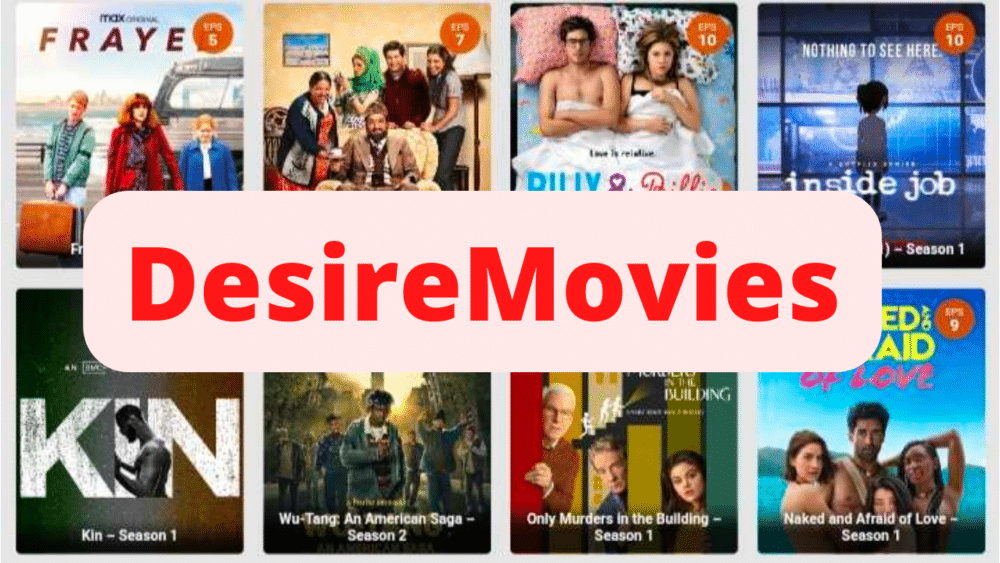Are you tired of endlessly scrolling, only to be met with the disheartening message: "We did not find results for:"? The frustration is real, and the digital void where desired content should be is a modern-day annoyance that plagues even the most seasoned internet users. This persistent issue begs the question: Why does this happen, and what can be done to bridge this digital divide?
The dreaded "We did not find results for:" notification, often accompanied by the equally unhelpful "Check spelling or type a new query," is a ubiquitous experience online. It rears its head on search engines, e-commerce platforms, streaming services, and even within the confines of our favorite apps. The reasons behind this digital dead-end are varied and complex, ranging from simple typos to sophisticated algorithmic failures. While seemingly innocuous, this message can have a significant impact on user experience, leading to frustration, wasted time, and ultimately, a sense of disconnect in an increasingly connected world.
One of the most common culprits behind the elusive "no results" page is simple human error: misspelling. In the rush to find information or purchase a product, users often mistype their queries, leading search engines and databases down the wrong path. The suggestion to "Check spelling or type a new query" is a standard, albeit sometimes condescending, reminder to double-check our work. However, even with meticulous typing, the problem persists, highlighting the limitations of current search technologies.
- Exploring Bill Burrs Life All About Bill Burrs Spouse Influence
- Diddys Birthday Facts Significance Celebration Impact
Beyond typos, the structure of the query itself can be a stumbling block. Search engines rely on keywords to match user intent with relevant results. If the keywords are too broad, too narrow, or simply not aligned with the way content is indexed, the search will likely come up empty. For example, searching for "best Italian restaurants" in a specific city will yield more targeted results than simply searching for "restaurants." The art of crafting effective search queries is a skill in itself, requiring an understanding of how search algorithms operate and how content is categorized.
The content library itself plays a critical role in determining search success. If a website or platform has a limited selection of content related to the user's query, the chances of finding relevant results are significantly reduced. This is particularly true for niche topics or newly released products and services. While platforms are constantly expanding their content offerings, there will always be gaps, leading to instances of "no results." This issue can be further compounded by variations in terminology. Different sources may use different words to describe the same concept, making it difficult for search engines to connect the dots.
Algorithmic biases can also contribute to the problem. Search algorithms are designed to prioritize certain types of content over others, based on factors such as popularity, relevance, and commercial value. This can lead to a situation where less popular or less commercially viable content is buried beneath a mountain of mainstream results, effectively rendering it invisible to the average user. Furthermore, algorithms can be influenced by biases in the data they are trained on, leading to skewed or discriminatory results. While efforts are being made to address these biases, they remain a persistent challenge in the world of online search.
- Anna Sawais Net Worth 2024 Unveiling Her Wealth Amp Success
- Unveiling Adam Sandlers Wife Her Role Beyond Grown Ups Films
The rise of semantic search, which focuses on understanding the meaning behind queries rather than simply matching keywords, offers a potential solution to some of these challenges. Semantic search algorithms use natural language processing and machine learning to interpret user intent, even if the query is poorly worded or contains ambiguous language. By understanding the underlying meaning of the search, these algorithms can deliver more relevant results, even in cases where traditional keyword-based search would fail. However, semantic search is still in its early stages of development, and its widespread adoption will require significant advancements in artificial intelligence.
In the meantime, users can take several steps to mitigate the frustration of "no results" pages. First, double-checking spelling and grammar is always a good starting point. Second, experimenting with different keywords and query structures can help to refine the search and improve the chances of finding relevant results. Third, exploring alternative sources of information, such as different search engines, websites, or databases, can broaden the search and uncover hidden gems. Finally, providing feedback to website and platform owners about search failures can help them to improve their algorithms and content libraries.
The "We did not find results for:" message is a reminder that the digital world is not always as seamless and intuitive as we might hope. While technology continues to evolve, the challenges of information retrieval remain, requiring a combination of technical innovation and user awareness. By understanding the reasons behind search failures and adopting strategies to overcome them, we can navigate the digital landscape more effectively and minimize the frustration of the dreaded "no results" page.
Even in the realm of entertainment, the search for the perfect movie or show can be hampered by the dreaded "no results" message. The quest to "Can you feel the love tonight?" through the magic of cinema can be abruptly halted by a simple typo or a poorly phrased query. However, when the search is successful, a world of cinematic possibilities opens up, from deep love stories to light romcoms, ready and waiting to transport viewers to another world. Platforms like upmovies, with their sleek design, vast content library, and commitment to user convenience, aim to minimize these frustrating experiences and provide a seamless journey for entertainment seekers around the globe.
The allure of martial arts movies, exemplified by franchises like "Legends," also faces the potential of search failures. The promise of "uniting the iconic martial arts masters of one of the most beloved film franchises of all time to tell a completely new story full of action and heart" can be quickly dashed by a misspelled title or an inaccurate keyword. The story of kung fu prodigy Li Fong (Ben Wang), who relocates to New York City with his mother and finds solace in a new friendship, might remain undiscovered if the search query is not precise.
Even the exploration of more adult themes, such as the passions and desires of characters in unconventional scenarios, can be subject to the limitations of search. The premise of interns working for abusive divorce lawyers who devise a plan to profit from the "passion that is Hogan's pride and Spence's secret desire," or the exploration of relationships involving "cougars" (older women seeking younger men), as portrayed by actresses like Faye Dunaway and Carrie Fisher, might remain hidden if the search terms are not carefully chosen.
The promise of a superior cinematic experience, as offered by Regal with its digital 2D, 3D, IMAX, and 4DX technologies, also relies on effective search and discovery. The ability to "check out movie showtimes, find a location near you and buy movie tickets online" hinges on the accuracy of search queries and the efficiency of the platform's search algorithms. In the end, the ultimate destination for the latest movies and entertainment depends on a seamless search experience that avoids the dreaded "We did not find results for:" message.
- Unveiling Helen Hunts Relationships How They Shaped Her Legacy New Insights
- Spotlight On Zoe Perrys Children The Price Amp Joy Of Fame


